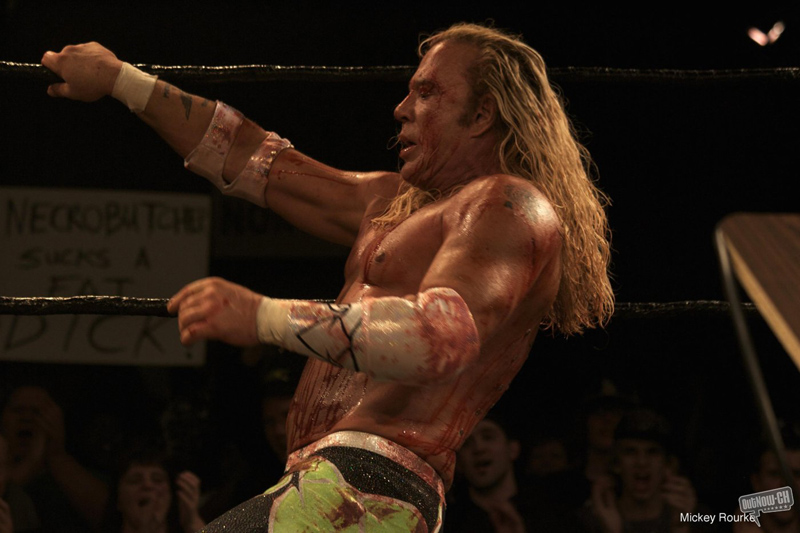|
|
||
|
Pro Tools
FILMFESTIVALS | 24/7 world wide coverageWelcome ! Enjoy the best of both worlds: Film & Festival News, exploring the best of the film festivals community. Launched in 1995, relentlessly connecting films to festivals, documenting and promoting festivals worldwide. Working on an upgrade soon. For collaboration, editorial contributions, or publicity, please send us an email here. User login |
Essential Cinema: The Rules of the Game
Renoir's film, set in a French country estate on the eve of World War II, not only is illustrative of its particular time and place, but serves as a kind of coda for the instability and restlessness of our own uncertain times.
The intial reviews were savage, and the film was deemed a disaster for the director of such popular and well received masterpieces as BOUDU SAVED FROM DROWNING and GRAND ILLUSION. The film was briefly shown in Europe but was pulled after the invasion of Poland and the start of the War in September. The film was totally banned by the occupying Nazis in 1940, with rumors that it had been one of several French films whose negatives had been destroyed. The film only reached the United States in 1950, but was presented in such a butchered form that critics of the day were baffled by the film's inconsistency of storytelling and style. Versions shown on television in the 1950s were dim and murky, and the film fell completely off the radar.
The movie takes the superficial form of a country house farce, at which wives and husbands, lovers and adulterers, masters and servants, sneak down hallways, pop up in each other's bedrooms and pretend that they are all proper representatives of a well-ordered society. One of the film's great admirers is Robert Altman, who struck a similar chord with his GOSFORD PARK. "I learned the rules of the game from THE RULES OF THE GAME", he told journalists when his own multi-character farce was released.
Renoir also lampoons the film's servants and workers, representatives of the working class whose slavish imitation of their betters often betray their own interests. One need only observe the phenomenon of factory workers who support Republican millionaires for that relevant subplot to have tremendous currency in contemporary upside-down American politics.
After years of shadowy film prints with abrupt cuts, audiences now have the chance to see a beautifully remastered transfer from a pristine 35mm film print, which showcases the film's masterful cinematography, in particular its use of deep focus that allows us to see characters in the foreground of the action, as well as those lurking in the background. This mis-en-scene is critical to the film's message....that there are those that do, and those that watch.
The Criterion dvd also features a fascinating conversation filmed many years after the fact on the steps of the original chateau where the film was shot, between Renoir and the actor Marcel Dalio (best known to American audiences as the croupier in the classic CASABLANCA). In a wonderful tete-a-tete encounter between the director and his star, the two men try to decide whether the story has a hero. Renoir doubts it. "It is about the world", he finally says. How many films from that period speak so directly to our own?
15.08.2006 | NewYorkFilmFestival's blog Cat. : Boudu Saved from Drowning Casablanca Centro Sperimentale di Cinematografia Children of Paradise Cinema of France Criterion Collection Entertainment Entertainment Europe Film France Grand Illusion Janus Films Janus Films Jean Renoir Jean Renoir Marcel Dalio New York Film Festival North America Pierre-Auguste Renoir Popular Front Renoir Renoir Robert Altman Roger Ebert Romantic drama films Sandy Mandelberger the New York Film Festival The Rules of the Game The Rules of the Game United States FILM
|
LinksThe Bulletin Board > The Bulletin Board Blog Following News Interview with EFM (Berlin) Director
Interview with IFTA Chairman (AFM)
Interview with Cannes Marche du Film Director
Filmfestivals.com dailies live coverage from > Live from India
Useful links for the indies: > Big files transfer
+ SUBSCRIBE to the weekly Newsletter Deals+ Special offers and discounts from filmfestivals.com Selected fun offers
> Bonus Casino
User imagesAbout NewYorkFilmFestival New York Film Festival New York Film Festival Online Dailies coverage of the 44th NEW YORK FILM FESTIVAL September 29 – October 15, 2006 View my profile Send me a message The EditorUser contributions |


























.JPG)
.JPG)
.JPG)
.JPG)




